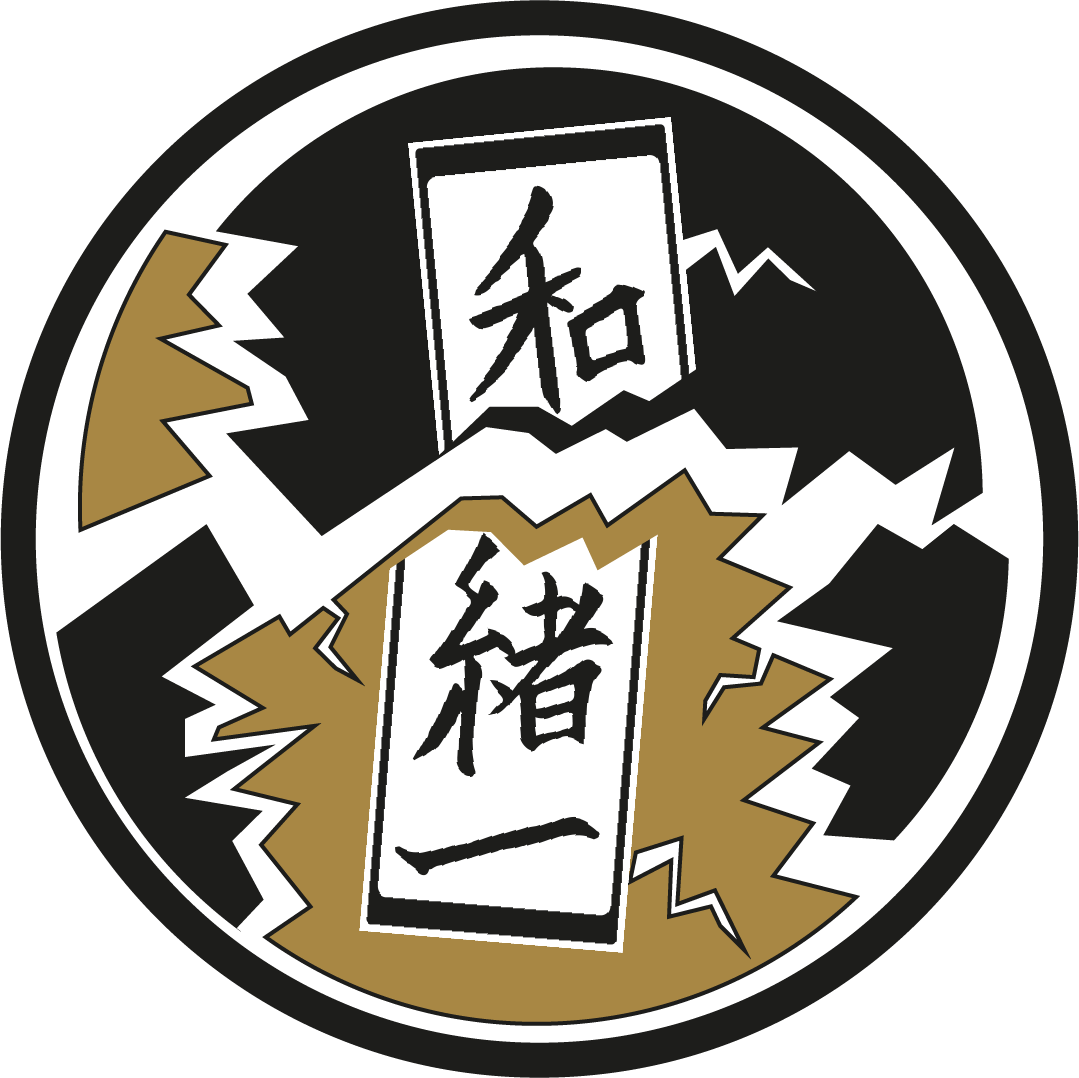Children Through the Lens of Language
Proverbs are such an interesting part of a language – learning them can not only enrich your vocabulary, but also give you more insight into the culture of a given country and the worldview of its inhabitants. Of course, we cannot generalize and take them as universal facts describing the whole nation, but there must have been a reason in the past why these sayings and not others are grounded in the language. So, today, we will take a look at Japanese proverbs involving children.
Perhaps the most widely known child-related saying is oya wa nakutomo ko wa sodatsu 親は無くとも子は育つ. It literally means that even without parents, children grow up – and, the subtext is, they grow up fine. Why? The optimists might believe that because there will be someone kind in society who will take care of the child. In any case, nature and time will take their course. The bottom line is that you do not have to worry much; what will be, will be, and it will be okay in the end.
You might have also heard the proverb kawaii ko ni wa tabi o saseyo かわいい子には旅をさせよ – if you love your children, send them out into the world. Why would you do that? So they can learn about the hardships of living alone. If you care about them, you should not shelter them from all that is bad, but let them experience negative situations too, because that is how they will actually grow and develop.
You might also have stumbled upon nikumarekko yo ni habakaru 憎まれっ子世にはばかる, which corresponds to the English proverb ‘ill weeds grow apace’. Literally, it means that the hated child will take over the world. In other words, bad kids (or things) will not disappear just because they are scorned upon; on the contrary, they will develop fast and spread their influence.
Another saying involving children is ko wa kasugai 子は鎹. It means ‘children are a clamp’, and less literally – children hold marriages together. While the relationship between parents might change, children will always form a connection between them.
On a more positive note, the Japanese proverbs also tell us that you can outa ko ni oshierarete asase wo wataru 負うた子に教えられて浅瀬を渡る, which means ‘to cross shallow water as taught by the child you are carrying’. This saying means that you can always learn something from others, even if they are younger or in some way inferior, so you should not look down on anyone. Especially at a more advanced age, as stated by oite wa ko ni shitagae 老いては子に従え – ‘once you grow old, you should listen to the children’.
Written by AL

